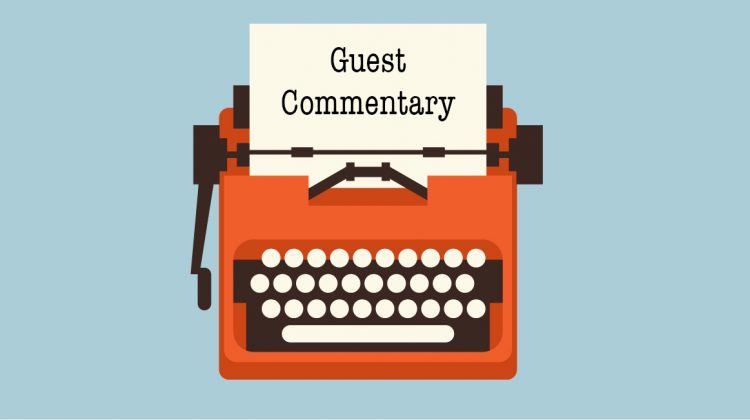Sam Daley-Harris
Why does cynicism feel like a reasonable, inevitable, even smart posture these days? I think most of us have been there … ready to write off politics as corrupt or hopeless, ready to identify those on the other side of an issue as heartless or evil, feeling like the savvy thing is to keep our cards close, our hearts protected, our hopes low. But what if that’s all wrong?
In a recent Time article, titled “Your Cynicism isn’t helping anybody,” Stanford psychology professor Jamil Zaki wrote: “Cynicism, the belief that all people are selfish, greedy, and dishonest — is a natural response to a world reeling from social division, rising sea levels, and countless other problems. But that doesn’t mean it helps us. Cynics … experience more depression, earn less money, and even die younger than non-cynics.”
“Refusing to trust anyone is like playing poker by folding every hand before it begins,” Zaki warned. “Cynicism protects us from predators, but it also shuts down opportunities for collaboration, love, and community, all of which require trust.”
My decades of work with grassroots volunteers has shown the power of hope that lies just beneath the heavy layers of cynicism so many of us have built up. But it takes work, support and intention; it doesn’t happen by accident. Recently, I interviewed several volunteers who joined organizations that work to deliver transformational advocacy, a form of advocacy that also decreases our cynicism in the process.
Jocelyn Dorgan’s parents were activists and taught her that “we live in a participatory democracy, and it was our responsibility to protect it, have our voices heard and have our leaders respond to the will of the people.”
Dorgan was active in college, but “life took over” and she wasn’t as involved politically until the 2016 election. After that election, “I cast my net wide and tried to do as many things as possible,” she told me. “They all had their value … but I felt like I was spinning my wheels.”
“I found (the anti-poverty lobby) RESULTS in 2023 through my daughter-in-law. I still do political campaigning,” Dorgan said, “but this offered a way to be effective between elections.”
She went to a town hall meeting hosted by Rep. Andy Kim, D-N.J., prepared to make several requests. She was inspired by how every person got his undivided attention. “Then it was my turn,” she said. “I introduced myself and RESULTS and said I had three things to ask of him.”
She asked him to co-sponsor bills or sign onto letters supporting the child tax credit and tuberculosis funding, which he agreed to do. “After I was done, I felt, ‘Wow, I did it and I did it on my own,’ she said. “It was a huge sense of accomplishment. I’d campaigned but never lobbied like this, so it was stepping out of my comfort zone. It was amazing.”
No cynicism there.
Arnav Dhuri, now a senior at Ridge High School in New Jersey, was looking for a climate-related opportunity to fulfill his school’s volunteer requirement when he was a sophomore. He found Citizens’ Climate Lobby and thought it might involve things like picking up trash.
“(Instead), CCL exposed me to politics,” he said, “and made me more interested than school ever has.”
After three congressional meetings he saw that the volunteers and congressional staff paid more attention to what he had to say than the others. “All the congressional meetings were during school hours,” Arnav said, “and the principal gave me a room to take the meetings. My friends are interested, and some are joining me.”
Arnav made a special commitment to electrifying his school and has already presented to the school board about it.
We need volunteers from more nonprofits who can say, because of the training and coaching they’re receiving, “Wow, I did it! It was a huge sense of accomplishment.” And we need more students presenting to their school boards or their representatives’ offices, and taking on their own projects like electrifying their schools. We need more organizations to stop feeding us a steady diet of email form letters and start intentionally working to put an end to our cynicism.
Now that’s a winning hand.
Daley-Harris is the author of “Reclaiming Our Democracy: Every Citizen’s Guide to Transformational Advocacy” and the founder of RESULTS and Civic Courage. This is part of a series focused on better understanding transformational advocacy: citizens awakening to their power.

